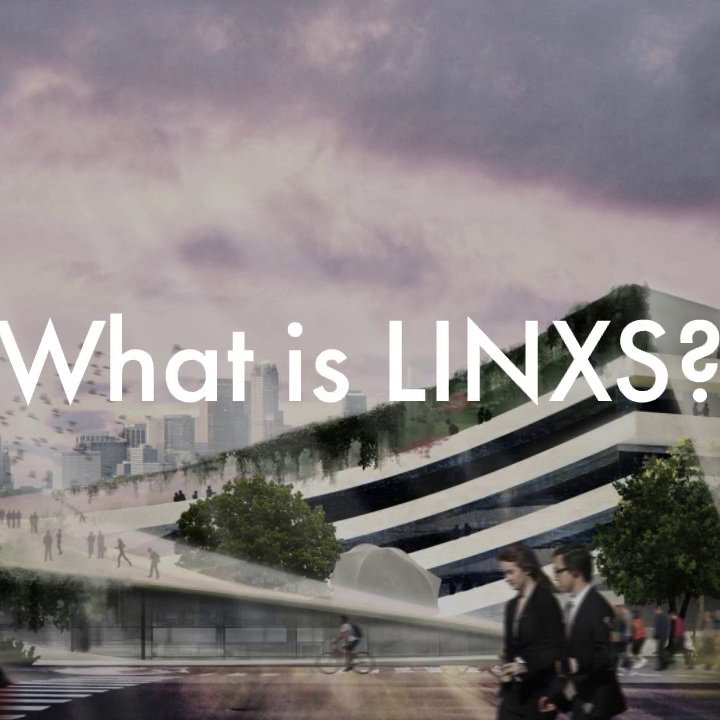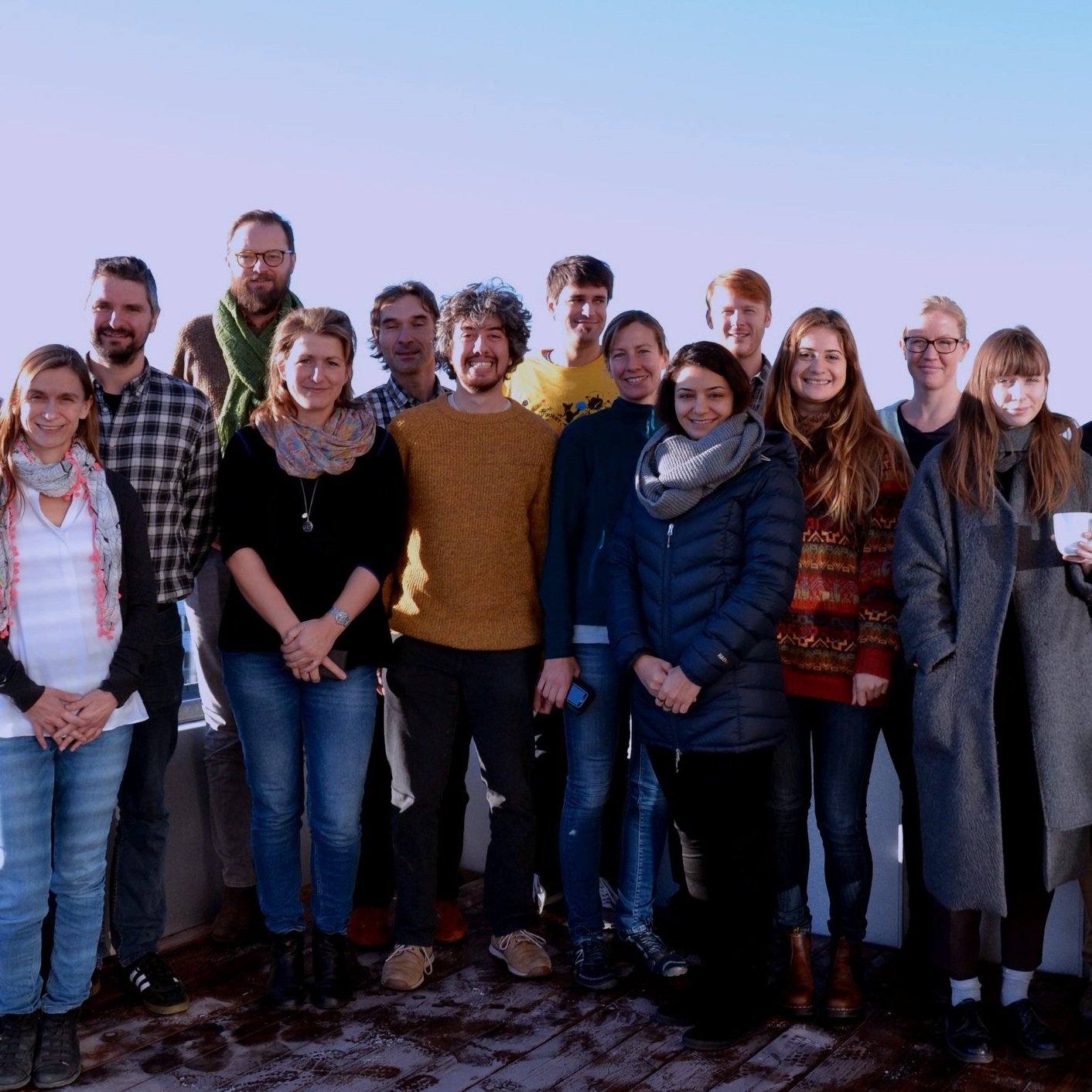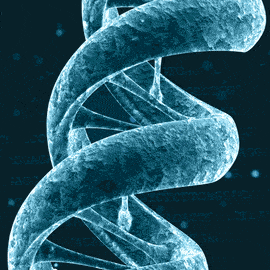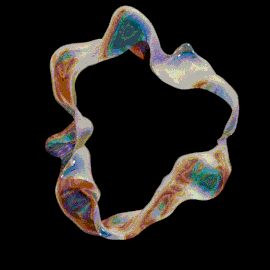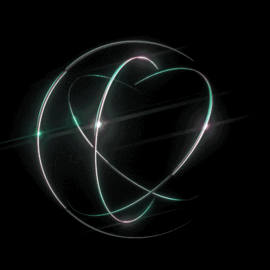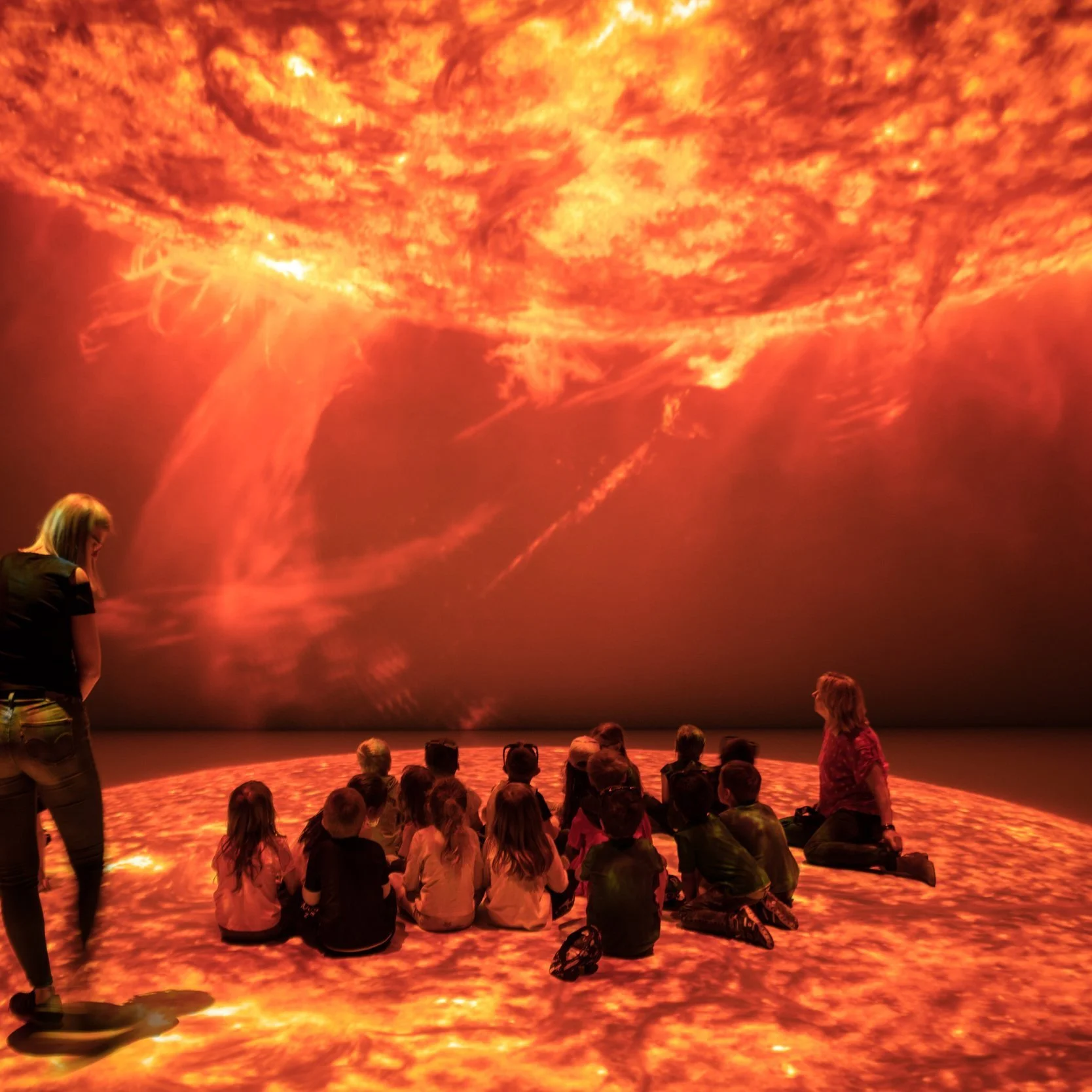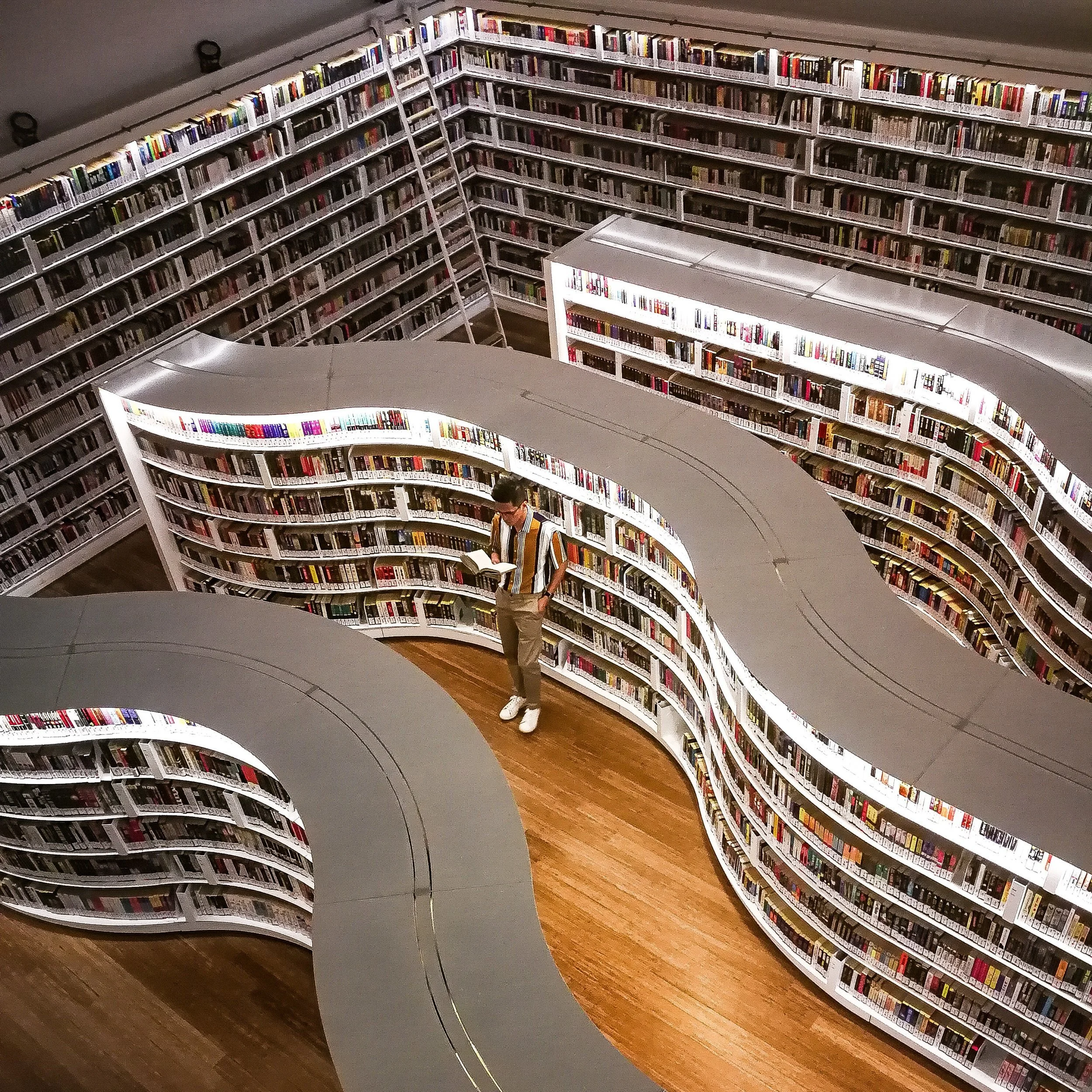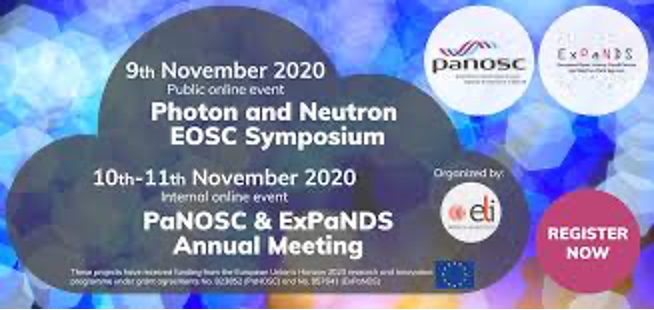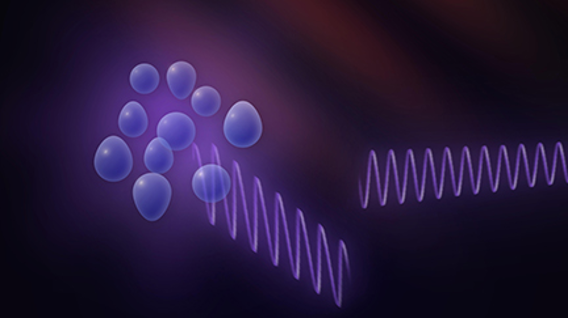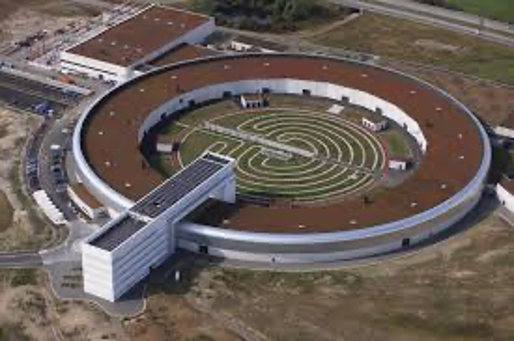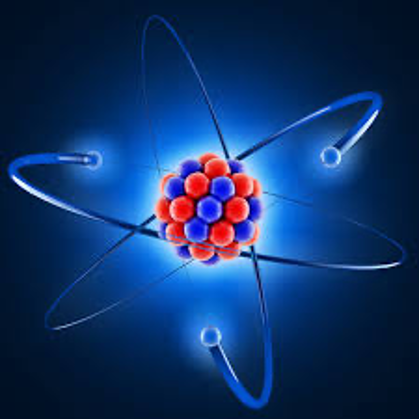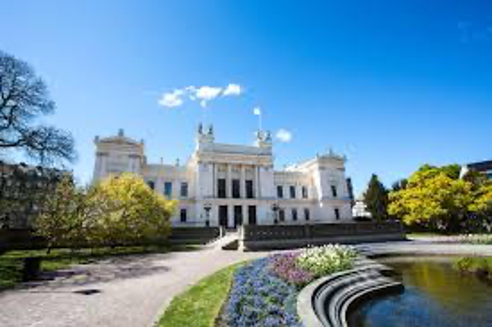Lecture 27
Sept 3, 2020
Course: Applications of nuclear physics technologies to culture heritage
By Prof. Fernando Ferroni (INFN-GSSI)
https://indico.cern.ch/event/927019/
Lecture 31
Sept 15, 2020
Course: Synchrotron based methods for materials characterization (part 1)
By Dr. Kenneth Evans-Lutterodt (BNL)
https://indico.cern.ch/event/932699/
Lecture 33
Sept 22, 2020
Course: Synchrotron based methods for materials characterization (part 2)
by Dr. Kenneth Evans-Lutterodt (BNL)
https://indico.cern.ch/event/932701/
Lecture 35
Sept 29, 2020
Course: A variety of physics using radioactive ion beams at ISOLDE and HIE-ISOLDE @ CERN
by Prof. Gerda Neyens, ISOLDE Physics Group Leader and Collaboration spokesperson, CERN
https://indico.cern.ch/event/932722/
Lecture 37
Oct 6, 2020
Course: Solid state physics and biophysics with radioactive probes at ISOLDE—Opportunities and challenges
By Dr. Karl Johnston (CERN)
https://indico.cern.ch/event/932726/
Lecture 43
Oct 27, 2020
Course: The United States Department of Energy Continues to Play a Key Role in Isotope Production by Making Significant Upgrades to its Facilities and Expanding its Collaborations
By Prof. Cathy Cutler (Brookhaven National Laboratory)
https://indico.cern.ch/event/966884/
Lecture 44
Oct 29, 2020
Course: A challenge on the mythic 10 ps frontier for time-of-flight positron emission tomography
By Prof. Christian Morel, Aix-Marseille University
https://indico.cern.ch/event/927045/
Lecture 45
Nov 3, 2020
Course: Nuclear energy in the mix—Can it power Africa Sustainably? ( Part 1)
By Prof. Simon Connell (University of Johannesburg)
https://indico.cern.ch/event/943789/
Lecture 51
Nov 24, 2020
Course: Synchrotron and neutron based diffraction and spectroscopic techniques (Part 1)
By Prof. Andrew Harrison (Diamond Light Source Ltd)
https://indico.cern.ch/event/967632/
Lecture 52
Nov 26, 2020
Course: Synchrotron and neutron based diffraction and spectroscopic techniques (Part 2)
By Prof. Andrew Harrison (Diamond Light Source Ltd)
https://indico.cern.ch/event/972320
Lecture 53
Dec 1, 2020
Course: Synchrotron and neutron based diffraction and spectroscopic techniques (Part 3)
By Prof. Andrew Harrison (Diamond Light Source Ltd)
https://indico.cern.ch/event/972786/

